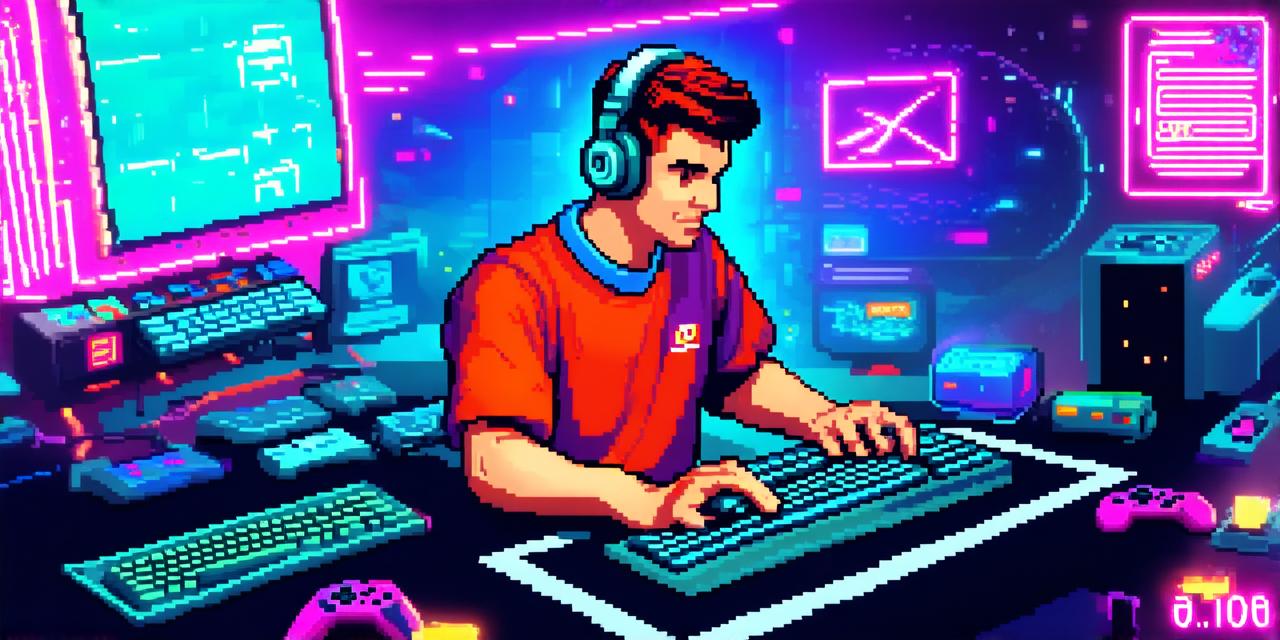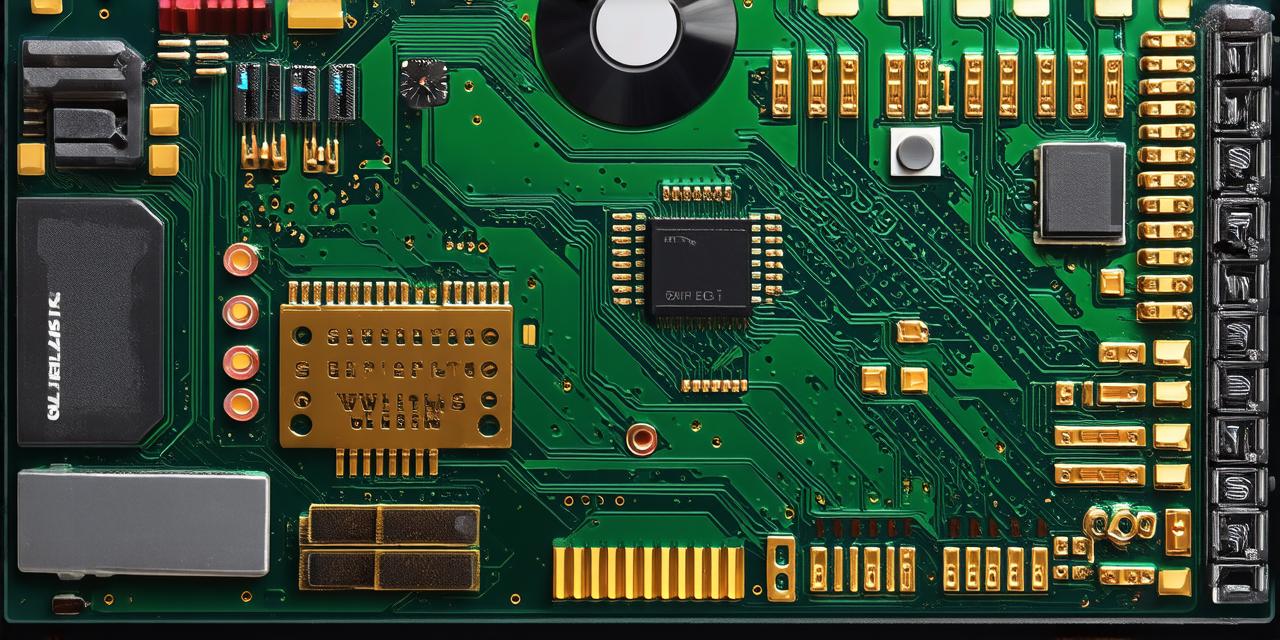What Game Developers Do?
Game developers perform a variety of tasks in the game development process, including conceptualization, design, programming, testing, and maintenance. They work collaboratively with other members of the development team, such as artists, sound designers, and producers, to create engaging and immersive gaming experiences.
Conceptualization:
The first step in game development is conceptualization, which involves brainstorming ideas for the game’s mechanics, storyline, characters, and setting. Game developers often draw inspiration from various sources, such as movies, books, comics, and other games. During this stage, they create a prototype or a working version of the game to test and refine ideas.
Design:
The design phase involves creating detailed specifications for the game’s mechanics, levels, characters, and story. Game developers work with artists and writers to develop visual and narrative elements that enhance the game’s immersion and interactivity. They also collaborate with programmers to ensure that the game’s code is optimized for performance and scalability.
Programming:
Game programming involves writing code to implement the game’s mechanics, such as character movement, collision detection, and user interface. Programmers use various programming languages and tools, such as C++, Java, Python, and Unity, to create interactive elements in the game. They also work with game designers to ensure that the code is aligned with the game’s design goals and requirements.
Testing:
The testing phase involves identifying and fixing bugs, glitches, and other issues in the game. Game testers use various tools and techniques, such as manual testing, automated testing, and stress testing, to ensure that the game is stable and reliable. They also work closely with game designers to identify areas for improvement and suggest enhancements to the game’s mechanics and design.
Maintenance:
The maintenance phase involves ongoing support and updates for the game after its release. Game developers work with quality assurance testers and customer support teams to address issues reported by players and ensure that the game remains relevant and engaging. They also collaborate with other developers to create new content, features, and enhancements to the game.
The Importance of Game Developers
Game developers play a critical role in the gaming industry, as they create the games that entertain millions of people worldwide. Their work requires creativity, technical expertise, and collaboration skills, making them an essential part of the creative process.
Impact on Society:
Video games have become an integral part of popular culture and have had a significant impact on society. They provide entertainment, education, and social interaction for people of all ages and backgrounds. Game developers also contribute to the development of new technologies and platforms that enable more immersive and interactive experiences.
Economic Impact:
The gaming industry is a multi-billion dollar global market, with game developers contributing to its growth and success. They create jobs in various fields, such as programming, art, writing, and design, and generate revenue through sales, subscriptions, and advertising.
Innovation:
Game developers are at the forefront of innovation in the gaming industry, pushing boundaries and creating new forms of interactive entertainment. They use cutting-edge technologies, such as virtual reality, augmented reality, and artificial intelligence, to create immersive and engaging games that challenge traditional notions of storytelling and gameplay.
Case Studies:
There are many examples of successful game developers who have made significant contributions to the gaming industry. Here are a few:
Minecraft:

Created by Swedish programmer Markus Persson, Minecraft is one of the most popular games of all time, with over 200 million players worldwide. The game’s simplicity and creativity have made it accessible to people of all ages and backgrounds, and its success has inspired many other game developers to create similar games.
The Witcher 3: Wild Hunt:
Developed by CD Projekt Red, The Witcher 3: Wild Hunt is a highly acclaimed role-playing game that won numerous awards for its storytelling, graphics, and gameplay. The game’s success has helped to establish CD Projekt Red as one of the leading developers in the gaming industry.
Portal:
Created by Valve Corporation, Portal is a puzzle-based game that uses physics-based mechanics to create innovative and challenging gameplay. The game’s popularity has inspired many other game developers to create similar games and has become a staple of modern gaming culture.
Conclusion:
In conclusion, game developers are individuals who create video games for various platforms and devices. They perform a variety of tasks in the game development process, including conceptualization, design, programming, testing, and maintenance. Their work is critical to the success of the gaming industry, as they create the games that entertain millions of people worldwide. Game developers have made significant contributions to popular culture, the economy, and innovation, making them an essential part of our modern society.




